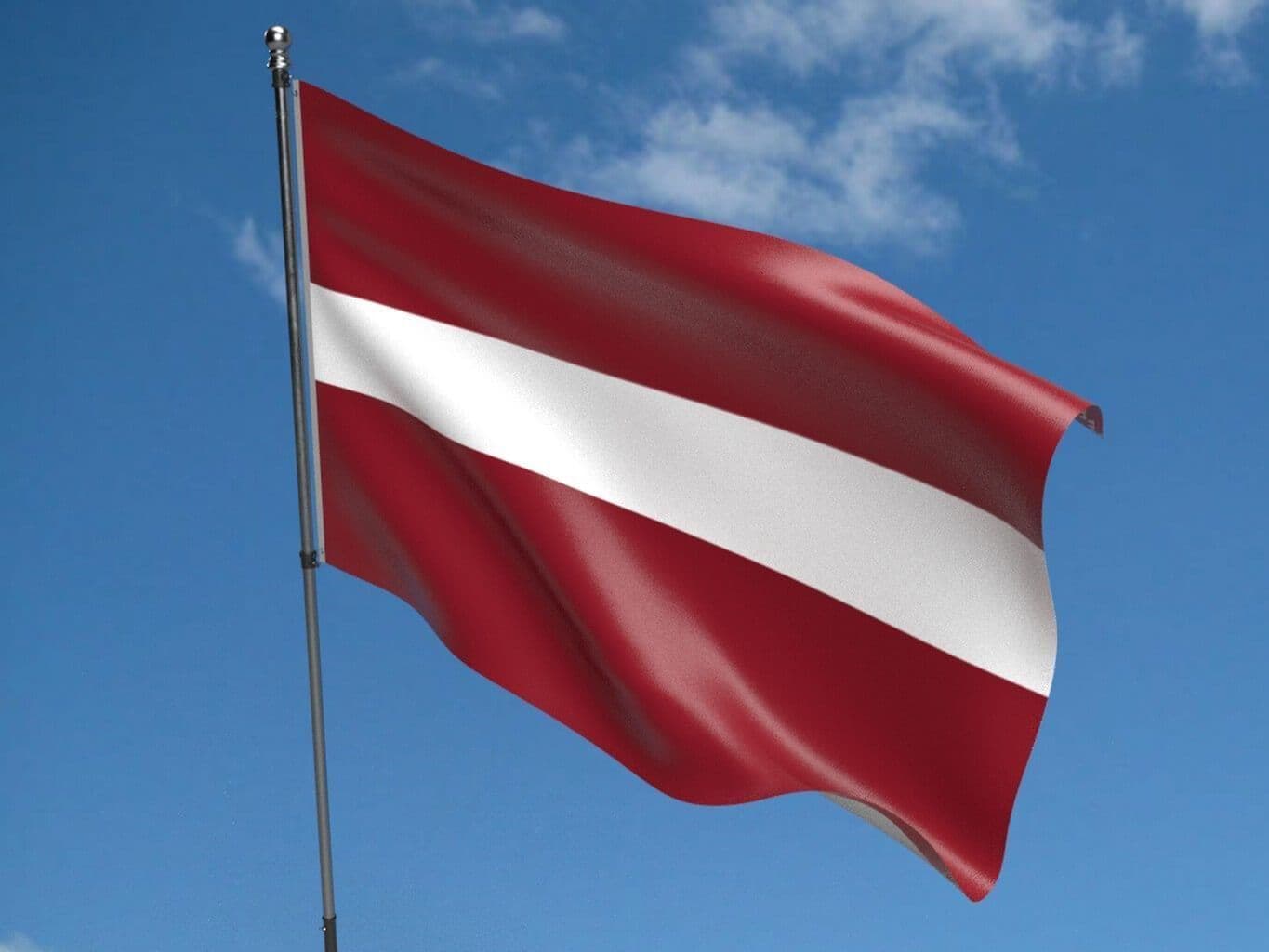The Netherlands is a dream place to live in and probably the best to raise a family. The Netherlands attracts scores of people around the globe who aspire to be a part of this vibrant and progressive nation.

Maintaining a bank account in the Netherlands is a hassle-free affair, for foreigners and non-residents alike. A person can open a bank account by either visiting the chosen bank or through that bank’s online platform. The first step is to obtain a “burgerservicenumer (BSN)” (citizen registration number) or a ” Registratie Niet Ingezetenen (RNI)” (registration number). Both BSN and RNI can be obtained while registering as a non-resident with the ministry of interior, and recorded in the non-residents’ record database. It may seem a mouthful, but in reality, it is a one-window operation.
What documents you might require?
The documents usually required are listed below. However, note that different banks may have different or more requirements than the other.
- Verified identity document (passport, national ID card, driver’s license, health care, etc.)
- Verified residence address in the home country of the applicant.
- Proof of residence in the Netherlands (lease papers/rental agreement/utility bill etc.)
- A BSN or RNI number (EU citizens are exempted)
While opening a bank account through a web platform or smartphone application, one may require to send an instant photo carrying the identification document. Banks may verify information across various web services, such as an email or an instant message on your cellphone carrying a password code may be sent, which you need to insert into the bank’s website.
How long does it take to open a bank account in a Dutch Bank?
An online virtual bank account can be opened instantly through a smartphone application. For a regular bank account, the account opening time extends from 30 minutes to one hour at most, provided has all the right documents in his/her possession at the time of visit. The documents requirements as stated earlier may vary, however, one must keep the basic documents handy at all times.
The banking system and major Dutch banks
Banking and financial services are two of the major service industries of the Netherlands. The assets of ABN Amro alone read upwards of EUR 900B as of December 2020. The total volume of trade of the top-performing banks is trillions of Euros. The numbers surely indicate that the banking sector as a whole is strong and flourishing, however, for the sake of listing down, here are the top Dutch banks.
- ING Bank
- Rabobank
- ABN AMRO
- BNG Bank
- NWB Bank
- De Volksbank
- NN Bank
- NIBC
- SNS Bank
All banks offer online services, locally and beyond the country’s border. Where a Dutch bank is not present physically, the bank maintains transactions via subsidiaries and joint ventures. It is a noteworthy mention here, that the SNS bank has 200-year-old banking history! The trust that comes with two centuries of experience is unparalleled.
Mobile-only banks (virtual banking)
As stated earlier, to open an online mobile-only account, one just needs to download and register him/herself. The process hardly takes more than 10 minutes due to its intuitive user-friendly design.
Not only that, these application-only accounts can communicate freely with physical bank accounts and perform the traditional transaction, such as money deposit/withdrawal, pay-order processing, utility payments, credit top-ups, and a lot more. S
A few top-performing application-only banks are listed below.
- Bunq.com
- Wirex
- Paysend
- Wise
- Revolut
The security of mobile banks is top-notch with strict verification and transaction protocols in place, which makes this type of banking easy, safe, and hassle-free.




